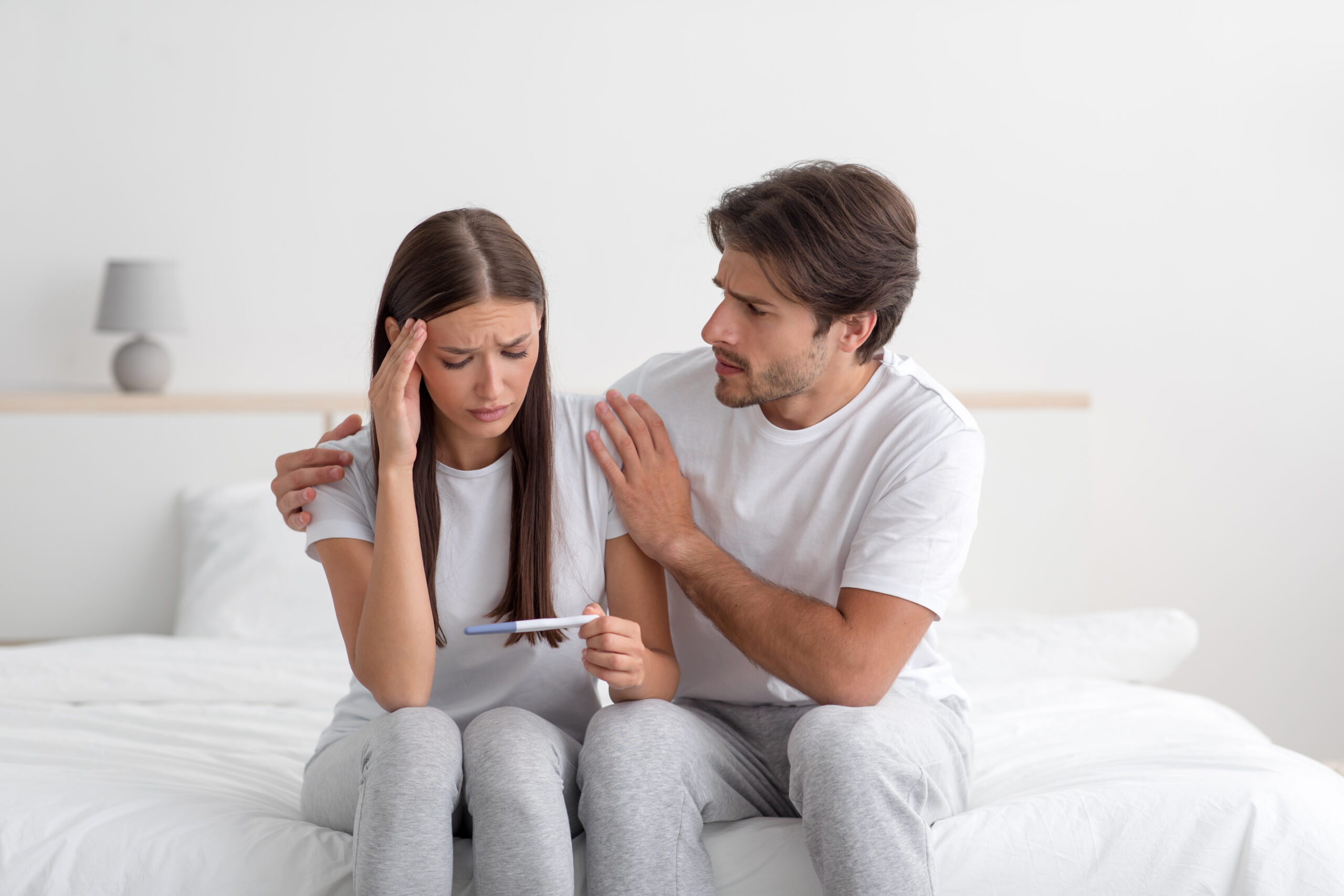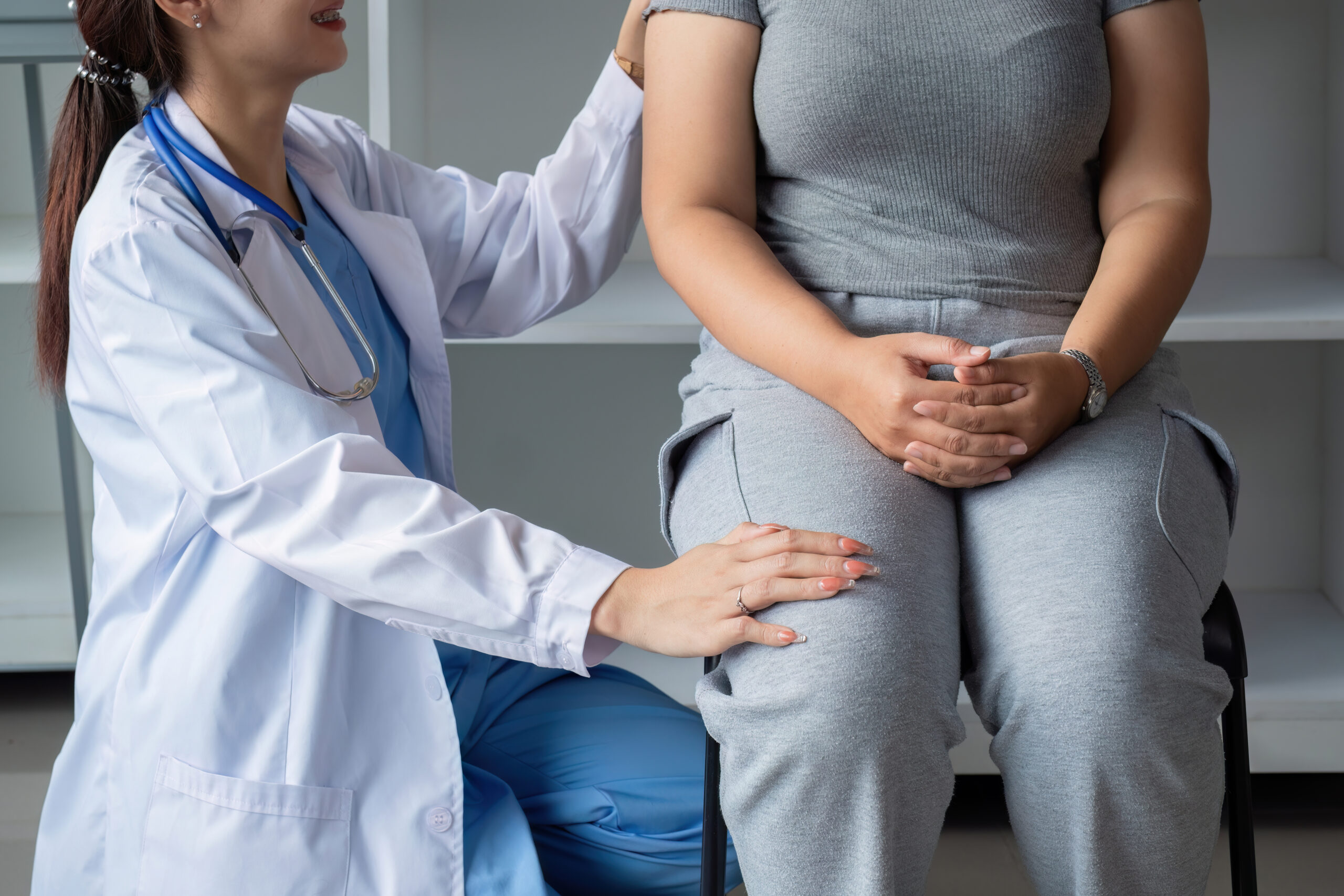Nagyon sokan fordulnak hozzánk azzal a kérdéssel: beadassák-e lányuknak a HPV oltást, illetve saját maguknak beoltassák-e magukat a HPV ellen. Legtöbben tisztában vannak vele, hogy a humán papillomavírus (HPV) milyen veszélyes, és hogy ez a méhnyakrák elsődleges okozója. Szerencsére létezik ellene védőoltás, ennek ellenére rengetegen bizonytalanok ezzel kapcsolatban.
Does the HPV vaccine really help and prevent the infection, or is the situation more complicated? What are its side effects? Is it harmful in the long term?
These questions arise with virtually every vaccine, which is very appropriate because it’s important to make a responsible decision by carefully weighing the advantages and disadvantages.
What Should You Know About the HPV Vaccine?
One of the most common counterarguments is that the HPV vaccine does not protect against all HPV types. This is true. However, it does protect against those that most commonly cause problems, leading to the development of cervical cancer and the appearance of warts. The best time to administer the vaccine is when young girls have not yet begun their sexual life, meaning they have not encountered any type of the virus—this is when they receive the most complete protection.
Szexuálisan már aktív nők esetében azon típusok ellen is védelmet nyújt a HPV oltás, amikkel az adott nő éppen fertőzött. Fontos, hogy az oltás beadatása ellenére is el kell járni az éves szűrésre, hiszen ahogy említettem, nem véd a HPV összes típusa ellen, tehát azért van némi esély méhnyakrák, szemölcs, és egyéb problémák kialakulására, még ha kevesebb is.
The Importance of HPV Screening
In addition to vaccination, regular HPV screening is crucial for comprehensive prevention. Early detection of HPV infections can significantly improve the chances of successful treatment and reduce the risk of developing cervical cancer. Regular screenings help identify any abnormal changes in cervical cells, allowing for timely intervention. Even if you have received the HPV vaccine, it is essential to continue with routine HPV screenings as part of your healthcare regimen.
So, Should I Get the HPV Vaccine or Not?
This is clearly a personal decision. My personal opinion is that if something can be prevented, we should prevent it. It’s true that the HPV vaccine does not provide protection against all strains of the virus, but it can prevent 60-70% of cervical cancer cases, which is not insignificant. The vaccine thus significantly reduces the chance of developing more serious problems.
In summary, getting the HPV vaccine can be an important step in maintaining women’s health. While it does not offer complete protection against all HPV types, it significantly reduces the risk of the most severe consequences, such as the development of cervical cancer. Therefore, it is advisable to thoroughly inform yourself, consult with a professional, and weigh the pros and cons.






